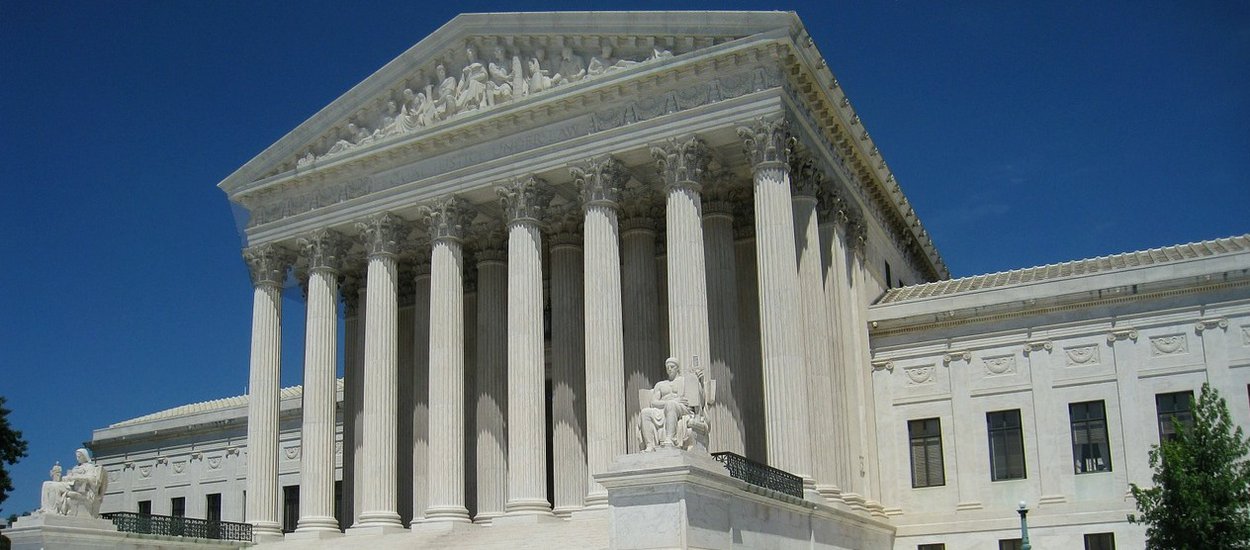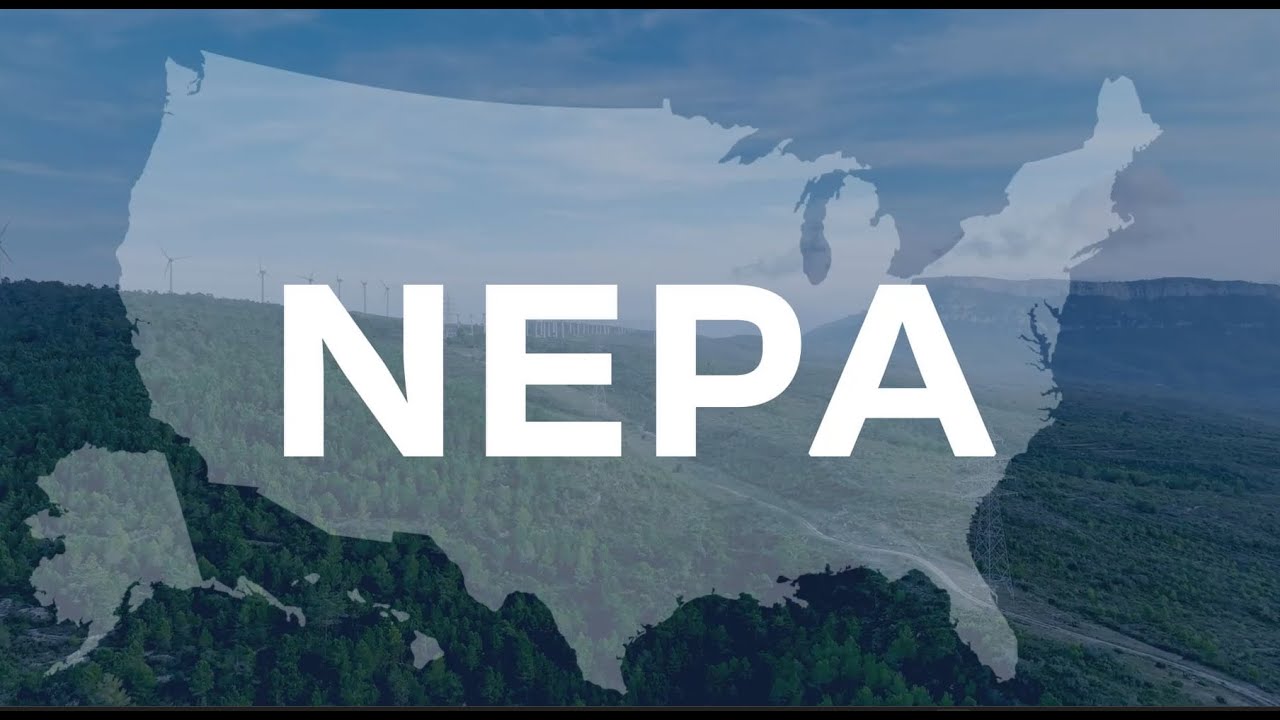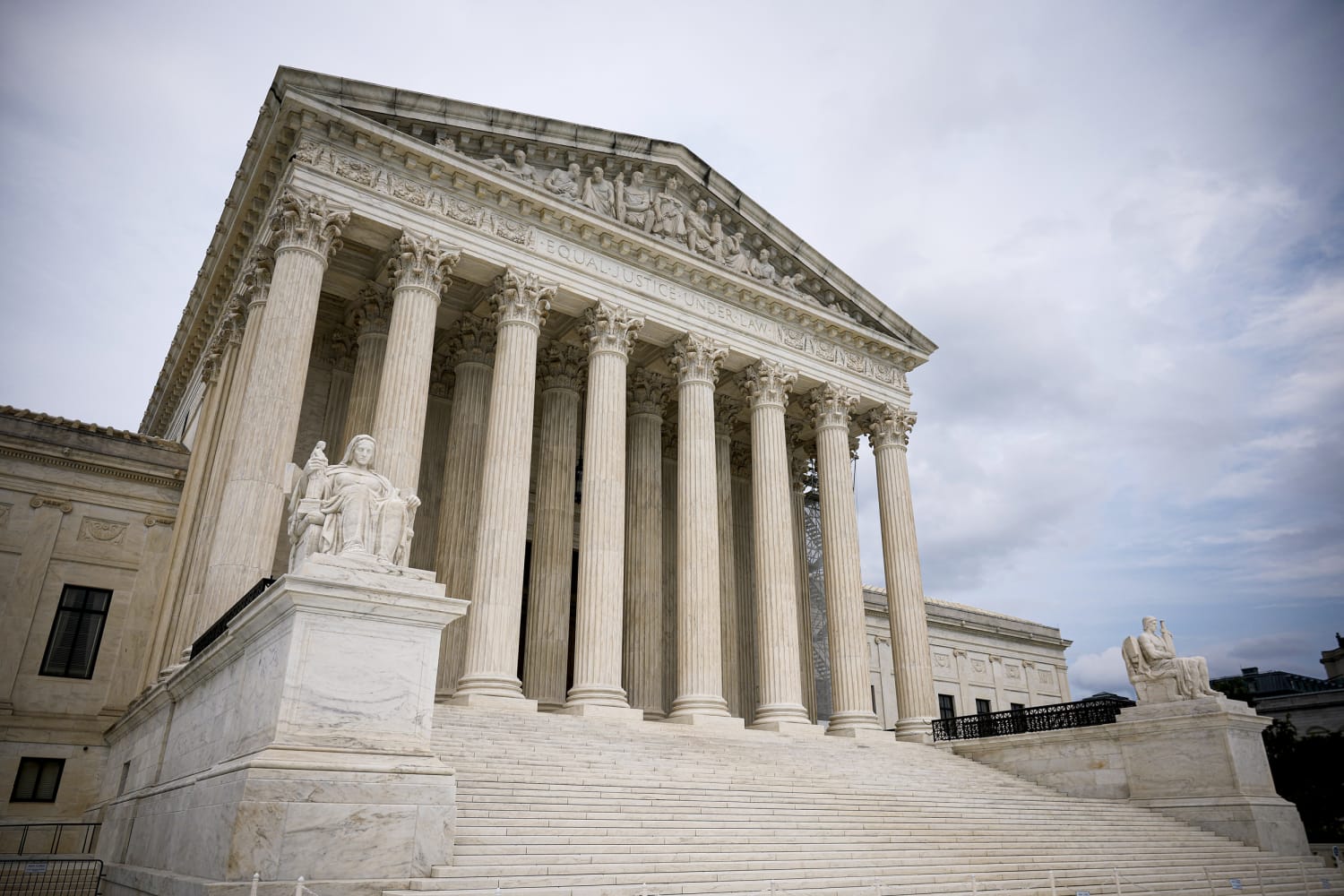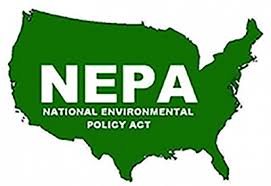Administrative Law
Litigating Against Trump
Trump’s agencies had a terrible litigation record the first time. It will probably get better – but not that much better.
In his first term, Trump’s litigation record was awful – winning only one case in four by some estimates.The Trump folks should do a better this time. But they may not improve that much, and could still lose more often than they win. Money invested in litigating against the Administration will be well spent. Meticulous attention to evidence and legal requirements is likely to remain a weak point.
CONTINUE READINGGovernment by Reconciliation
The reconciliation process avoids the risk of a Senate filibuster. But it comes wth procedural and political complications.
The GOP’s efforts to accomplish a big agenda through the reconciliation process will face serious complications. The Byrd rule limits the use of reconciliation to achieve non-budgetary purposes. A razor-thin House majority and factional warfare will make it hard to reach deals, as will Trump’s (& Musk;s) distaste for compromise.
CONTINUE READINGWhat to Expect When You’re Expecting Trump: Looking Ahead to 2025
Before even taking office, Trump has confirmed that “normality” is out the window.
Trump’s strategy involves appointing inexperienced administrators and to alienate or eliminate the experienced public servants who could help them implement their policies effectively.The good news is that Trump has not learned the lessons of his first administration and continues to think that ideology and bravado can substitute for competence. The courts are likely to tell him otherwise.
CONTINUE READINGGood & Bad Environmental News From the U.S. Supreme Court
Escalating Legal Attacks on California’s Longstanding Clean Air Act “Waiver” Authority
This past week, the U.S. Supreme Court issued important orders in two closely-related environmental cases previously decided by the U.S. Court of Appeals for the District of Columbia. Last Friday the justices granted review in Diamond Alternative Energy v. Environmental Protection Agency, agreeing to decide whether fossil fuel manufacturers have legal standing to challenge an …
Continue reading “Good & Bad Environmental News From the U.S. Supreme Court”
CONTINUE READINGNEPA in the Supreme Court: The Seven Counties Oral Argument
Some arguments surfaced in the discussion that the Court would do well to ignore.
Several arguments popped up in the Supreme Court’s discussion of a major NEPA case that appealed to at least some of the Justices. We think that they would do well to rethink them. Each of the arguments distracts attention from what ought to be the key question: what impacts should the agency take into account in making its decision? We hope, when it comes time to draft opinions, the Justices will think through the arguments a little more fully and head in a different direction.
CONTINUE READINGNEPA in the Supreme Court — On the Eve of Oral Argument
Some thoughts about how the Court should define some limits on indirect effects.
Our paper on the proper scope of NEPA places heavy emphasis on foreseeability, but in an expanded version of the paper we consider some unusual situations where additional factors come into play. This additional analysis makes clear important limits on NEPA scope that we think address at least some of the concerns that have (appropriately) been raised about ever-expanding NEPA review and the risk that it will hamper efforts to develop needed infrastructure.
CONTINUE READINGCan the Major Question Doctrine Block Trump’s Excesses?
The doctrine has been hailed by conservatives. But it may come back to bite them.
The major question doctrine tells judges to be skeptical when the government leverage some vague or obscure law to support a dramatic, unprecedented action. Dramatic, unprecedented actions are Trump’ stock in trade. The major question doctrine just might be what we need to block him.
CONTINUE READINGNEPA and Loper Deference (Part II)
Guest contributor Justin Pidot outlines what losing CEQ’s NEPA authority means for interagency coordination and efficiency.
Dan provided a terrific overview of the legal issues involved in the D.C. Circuit’s recent decision holding that CEQ lacks authority to promulgate regulations and, therefore, that the regulations governing implementation of NEPA across the government for decades are ultra vires. I want to offer some additional observations focused on the potential practical implications. First, …
Continue reading “NEPA and Loper Deference (Part II)”
CONTINUE READINGNew This Thanksgiving: Toxic Turkey
Losing the farm to PFAS, or losing PFAS on the farm?
As Americans gather to celebrate the harvest’s bounty, there are few revelations about our food supply more distressing than the 2024 news that sewage-derived fertilizer has contaminated millions of acres of U.S. cropland with toxic PFAS chemicals. Marketed as “biosolids” that enhance soil productivity, the voluminous outputs from wastewater treatment plants have poisoned productive lands …
Continue reading “New This Thanksgiving: Toxic Turkey”
CONTINUE READINGNEPA and Loper Deference
The CEQ regulations will continue to receive deference. The question is how much.
The Supreme Court already has a NEPA case on its docket for next year. That should give the Court the chance to clarify Loper as well as the scope of CEQ’s authority.
CONTINUE READING











